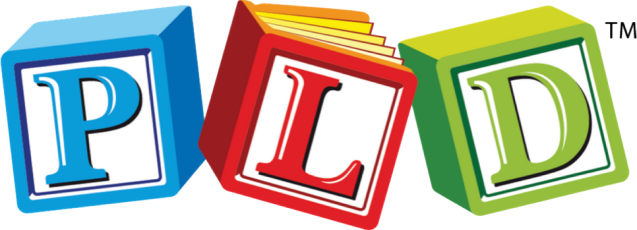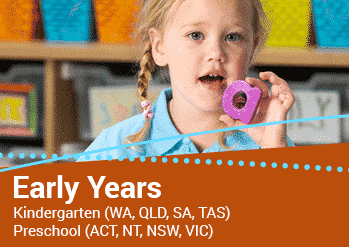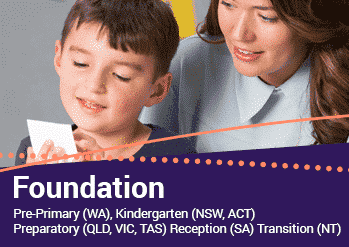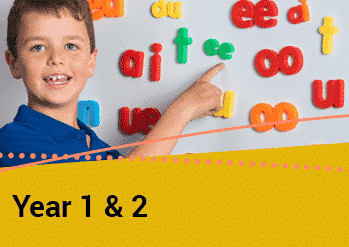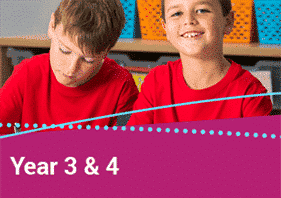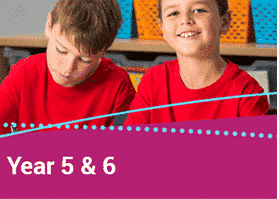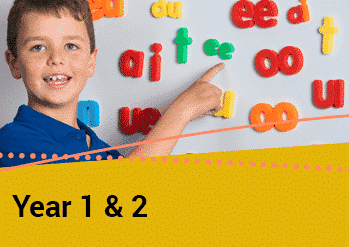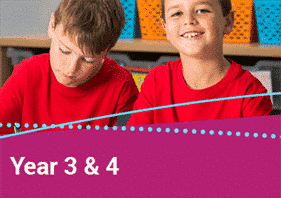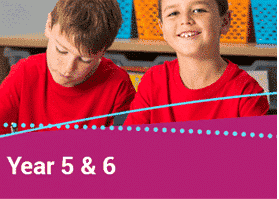For parents and caregivers schooling from home
Unsure where to start?
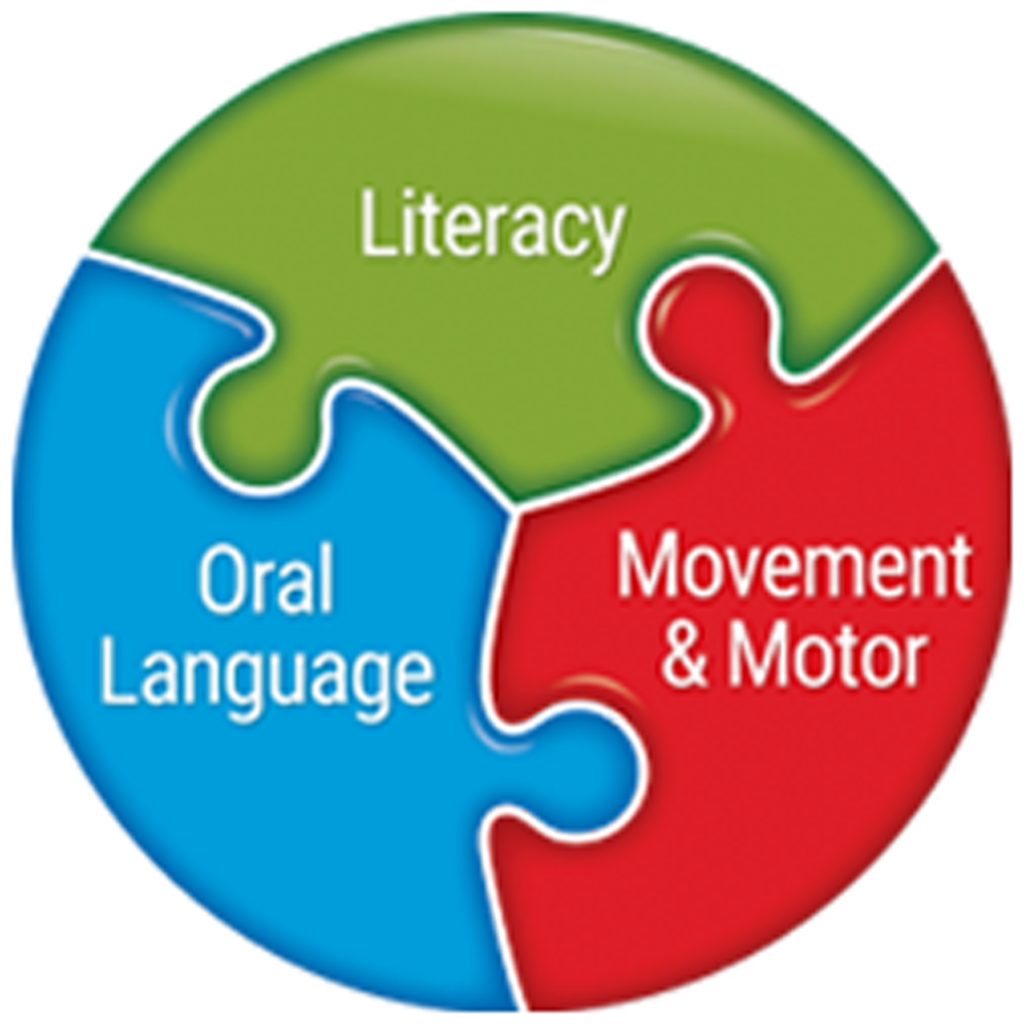
If you are facing school at home for the first time, knowing where to start may be overwhelming. We can help. PLD has resources to support reading, writing, oral language, spelling and fine motor skills. We have created suggestions that are easy to implement at home. These suggestions draw upon PLD titles that are likely in schools. If schools do not have the recommended texts, then the three-week plan you can find HERE, has been provided as a starting point. This plan includes parent information videos, downloads and handouts. Not sure how to get started? Below you will find a plan to begin the process of school at home. Take your time and add new steps when you are comfortable.
Step 1: Read with your child
In this stressful and changing time, start with developing a habit of reading to your child. This alone will allow you to get an idea of their skills and develop a great foundation to build on. This should take about 15 minutes every day. Here are the steps to get started:
- Choose books at appropriate levels for your child.
- Each week you will focus on just one picture book, reading it each day.
- First, read the book together and look at the pictures.
- Then relook at the book and ask the questions listed for that day.
You will find access to free resources to get you started below, click on the image relevant to your child’s level, then see the picture book activities under Oral Language Activities. If you are looking for additional resources beyond the three-week plan then PLD’s Comprehension Questions range includes tips, lists of books, instructions and a question card to go with 42 picture books.
Step 2: Include literacy activities
Start with the literacy activities listed for your child’s year level below. If your child is finding them too difficult, select activities from the year level below. If your child is finding them too easy, select activities from the year level above. Remember each child is unique and these are guidelines, so don’t be concerned if your child needs to work at a level different to their year level. Consistent practice will result in the development of skills and progress.
Early Years & Foundation: The literacy activities in the Early Years should take approximately 15 – 20 minutes per day. Watch the videos provided on the links below to help you understand the PLD process. You will find access to free resources to get you started by clicking on the images below. Additional PLD resources to support Literacy and Oral Language skills can be found here: Early Years – Preparing for the alphabet and Foundation – Alphabet Letter Sounds and Decoding and Spelling Games – Stage 1.
Year 1 to Year 6: REMEMBER, start slow and build in more activities once you and your child feel more confident.
- Start with the phonic passage reading and rewriting activity each day from Phonic Dictation.
- Then add in a daily news telling activity.
- Once a week try a narrative story writing activity.
Activity 1: Phonic passage reading and phonic passage rewriting
These activities focus on reading and spelling skills. It should take about 10 – 30 minutes per day. To determine which spelling level your child is at you can give them this quick spelling test. Instructions for how to give the test are listed below:
- Tell your child “Today we are going to do a spelling test. The words will get more difficult as we go along. I will tell you when you can stop.”
- Your child can write words on a blank page or use the test sheet provided in the download (for Year 1 use page 2, for higher grades use pages 3-4).
- Progress through the test (only the words listed on page 1) until the child starts making errors. When they make 6 errors in a row, stop testing. You have reached their point of difficulty.
- Score the test by adding up the number of correct words your child spelled in each stage. Turn this into a percentage (total correct/total number of words in that section x 100). The lowest stage at which your child scored less than 85% is the stage at which they need to be working.
- If you notice errors with particular concepts at a lower stage, you may like to include some revision.
Find the lowest stage at which your child scores less than 85%. This is the stage they need to be working at. The list below gives you a guideline of which activities will be suitable depending on which stage your child needs to be working at:
- Stage 1 – start with the Phonic Dictation – Stage 1 activities listed in Year 1 & 2.
- Stage 2 – start with the Phonic Dictation – Stage 2 activities listed in Year 1 & 2.
- Stage 3 – start with the Phonic Dictation – Stage 3 activities listed in Year 3 & 4.
- Stage 4 – start with the Phonic Dictation – Stage 4 activities listed in Year 3 & 4.
- Stage 5 – start with the Phonic Dictation – Stage 5 activities listed in Year 5 & 6.
- Stage 6 – start with the Phonic Dictation – Stage 6 activities listed in Year 5 & 6.
Activity 2: Daily generation of news stories
Firstly, ask your child to tell you about something that has happened using the provided posters and resources to support their news. Then utilising the provided template, ask your child to write their news. This activity should take about 10-20 minutes per day.
Activity 3: Weekly narrative story writing
Using the pictures provided, ask your child to tell you a story about what is happening in the pictures. Use the poster to help them remember what things they need to include in their story. Then utilize the template to ask your child to write their story, remembering to include all the elements listed on the poster. This activity should take 10 – 20 minutes once per week. You will find access to free resources to get you started below, see the Literacy Activities:
Additional PLD resources to support literacy and oral language skills can be found here:
- Year 1 & 2 – Phonic Dictation – Stage 1, Phonic Dictation – Stage 2, Connecting Oral & Written Language – Step 1 and Generating Narratives – Step 2.
- Years 3 & 4 – Phonic Dictation – Stage 3, Phonic Dictation – Stage 4, Connecting Oral & Written Language – Step 2 and Generating Narratives – Step 1.
- Years 5 & 6 – Phonic Dictation – Stage 5, Phonic Dictation – Stage 6, Connecting Oral & Written Language – Step 2 and Generating Narratives – Step 1.
Step 3: Include oral language and movement & motor activities
Under each of the links below, you will find descriptions of activities you can do with your child that will build oral language skills and movement and motor skills. Particularly in the Early Years and Foundation, these skills are very important as they form the foundation on which strong literacy skills are built. You will find lots of suggestions and link to PLD resources that support the development of these vital skills here:

